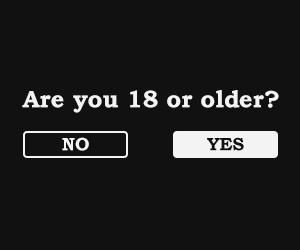SPONSORED speech Roberto Concepcion
Author: 79467545 • 223 views • 2023-07-07 10:14:06
Chief Justice Constitutional Commissioner Roberto Concepcion[:]
. . . .
The first section starts with a sentence copied from former Constitutions. It says:
The judicial power shall be vested in one Supreme Court and in such lower courts as may be established by law.
I suppose nobody can question it.
The next provision is new in our constitutional law. I will read it first and explain.
Judicial power includes the duty of the courts of justice to settle actual controversies involving rights which are legally demandable and enforceable, and to determine whether or not there has been a grave abuse of discretion amounting to lack or excess of jurisdiction on the part of any branch or instrumentality of the government.
Fellow Members of this Commission, this is actually a product of our experience during martial law. As a matter of fact, it has some antecedents in the past, but the role of the judiciary during the deposed regime was marred considerably by the circumstance that in a number of cases against the government, which then had no legal defense at all, the solicitor general set up the defense of political question and got away with it. As a consequence, certain principles concerning particularly the writ of habeas corpus, that is, the authority of courts to order the release of political detainees, and other matters related to the operation and effect of martial law failed because the government set up the defense of political question. And the Supreme Court
said: "Well, since it is political, we have no authority to pass upon it." The Committee on the Judiciary feels that this was not a proper solution of the questions involved. It did not merely request an encroachment upon the rights of the people, but it, in effect, encouraged further violations thereof during the martial law regime.
. . . .
Briefly stated, courts of justice determine the limits of power of the agencies and offices of the government as well as those of its officers. In other words, the judiciary is the final arbiter on the question whether or not a branch of government or any of its officials has acted without jurisdiction or in excess of jurisdiction, or so capriciously as to constitute an abuse of discretion amounting to excess of jurisdiction or lack of jurisdiction. This is not only a judicial power but a duty to pass judgment on matters of this nature.
This is the background of paragraph 2 of Section 1, which means that the courts cannot hereafter evade the duty to settle matters of this nature, by claiming that such matters constitute a political question.33 (Emphasis in the original, citations omitted)
To share this notes please copy this URL and send it to your friends
Important :
This text must comply to our Terms and Conditions otherwise it will be removed from our Server.





